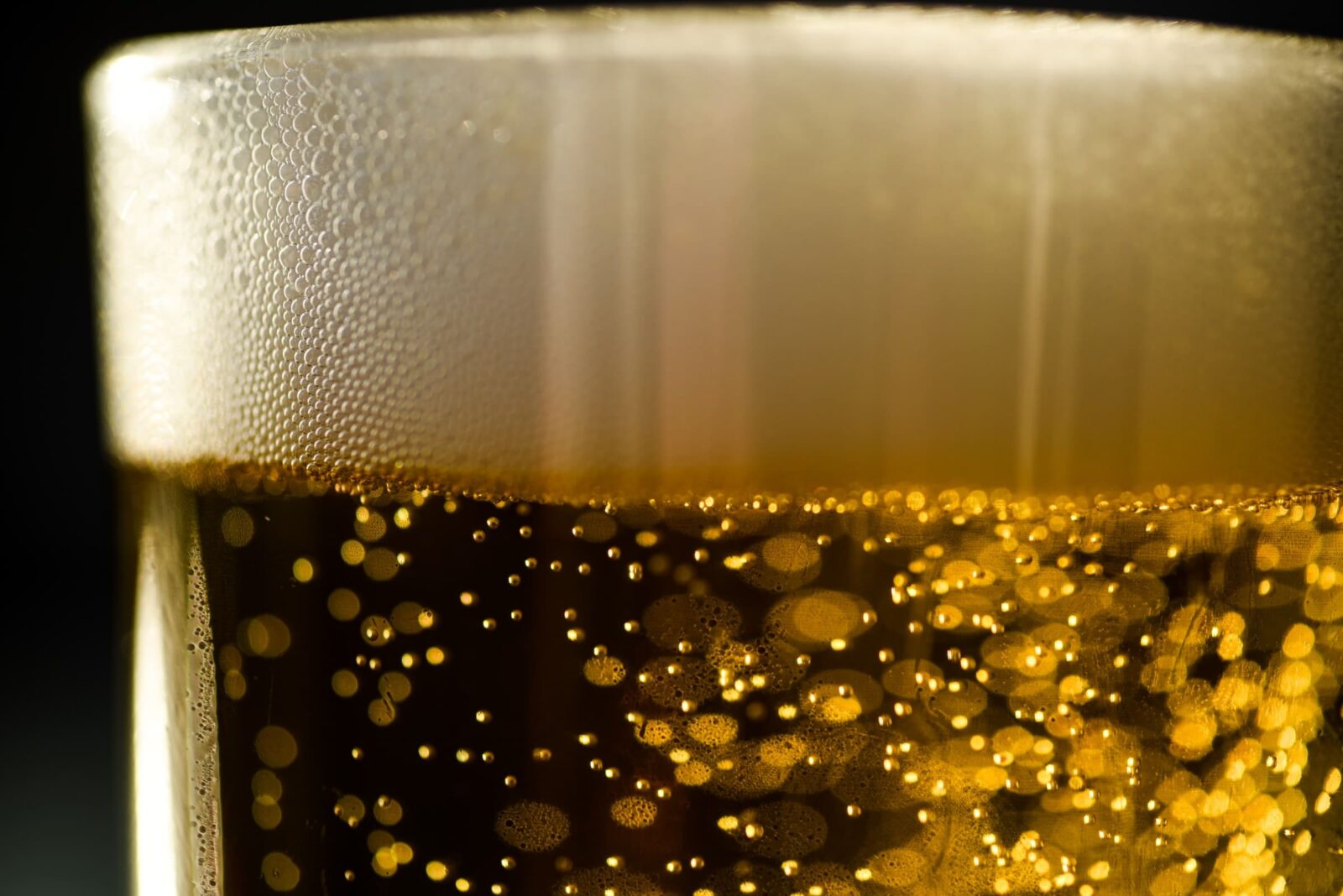Almost half of hospitality chiefs said they are confident about the sector during the upcoming 12 months despite a multitude of cost pressures, including business rates…
The average cost of a pint of draught lager increased 12.5% in the year to October 2023 as pubs and brewers “struggle to survive”…
Camden Town Brewery has launched a new limited-edition collaborative beer in partnership with HP Sauce, Camden HP Brown Ale…
Beverage giant Asahi has seen a resurgence of consumer interest in beer in Japan but believes that some challenges are upcoming for other segments including low-alcohol and non-alcoholic products.
Premiumization has been key in the low and no alcohol category to date. With the cost-of-living crisis, does this open up opportunities for the low and no-alcohol category to develop products in the economy space?
In many cases, entire trips can focus just on what there is to eat and drink in a particular location—especially if it’s a trip through wine country where you can accomplish both. But thanks to the craft beer boom of the past decade, the U.S. is also now home to an ever-growing number of locales that stand out in their own right. Without the need for vast vineyards or cavernous cellars, breweries have sprung up in practically any area where they can find four walls and a roof, creating an unprecedented era of quality and accessibility for the beverage. And while there’s likely plenty to sample in your neck of the woods, some of the beers in the world can only be found by planning a trip to visit them.
Copenhagen-based global beer company Mikkeller has announced it will close its only U.S. brewing facility in San Diego, citing “two years of COVID and the difficult current rising cost environment.” The closure does not include Mikkeller’s Little Italy taproom or its taproom in San Francisco. Mikkeller says it has 50 employees in the U.S., about half of whom will be laid off. Mikkeller San Diego has been open since 2016, and according to the Brewers Association (BA), produced 10,418 barrels of beer in 2021, down from a high of 11,750 in 2019.
Small breweries with a niche stylistic focus have undertaken what is likely to be a years-long effort to create more direct-to-consumer (DTC) shipping permissions for beer makers, similar to laws that already apply to wine. A victory would mean expanded sales opportunities for breweries and long-term potential to sell to new customers across the country. With a lawsuit filed against the state of Oregon, three Washington State breweries hope to show a courtroom can be more effective than legislators to even the playing field for beer producers.
Monster plans to launch its first flavored malt beverage RTD alcohol product at the end of the year, promising a drink that will ‘carve out its own unique space’ in the increasingly crowded sector. And the company signals that this will be more than a one-off, with several other product lines in development.







